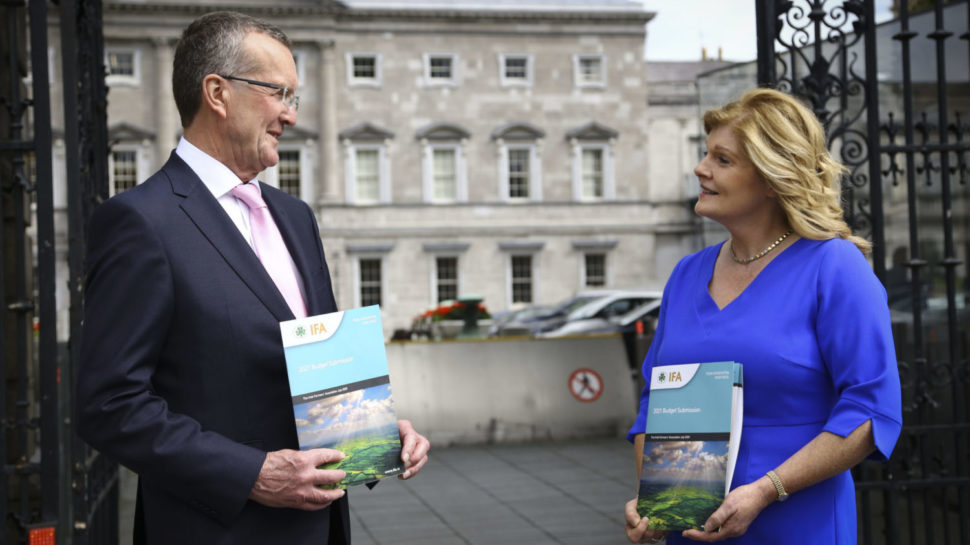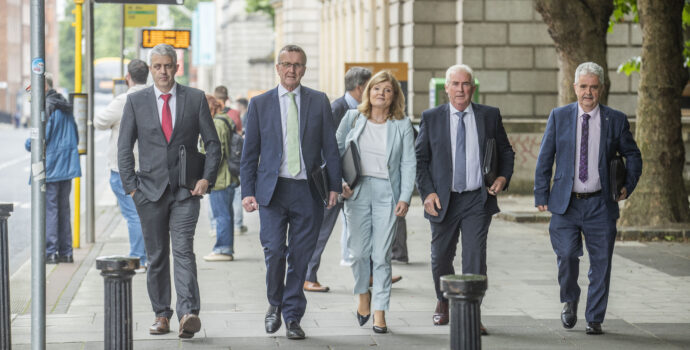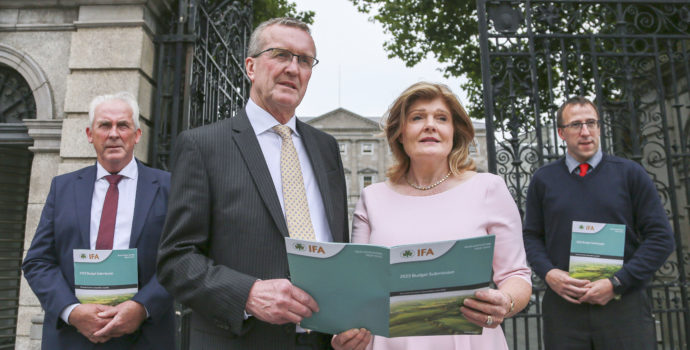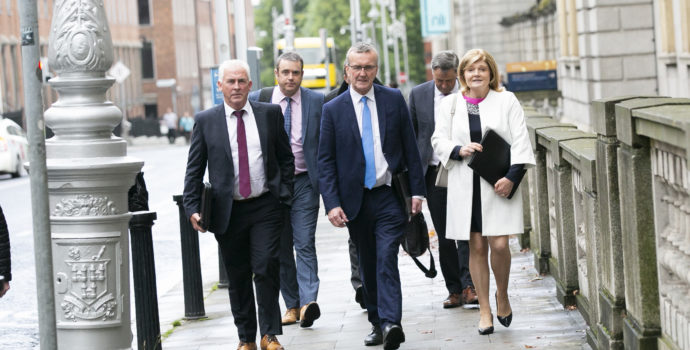
IFA Budget 2021 report available here.
Reacting to the Budget, IFA President Tim Cullinan acknowledged the renewal of essential tax reliefs and the equalisation of the self-employed tax credit with the PAYE credit and the continued funding of farm schemes.
“We fully accept the challenges facing the State from COVID-19, but we have a further emergency coming in the form of Brexit,” he said.
This Budget needed to give more acknowledge to the imminent threat of Brexit. In 2019 €110m was set aside for a Brexit reserve. We need immediate clarity on the status of this fund and what precisely has been set aside for Brexit. We cannot rely on the EU contingency fund alone,” he said.
“One announcement that could also be significant is funding to establish a new Food Ombudsman. However, this must cover the entire food chain and have real teeth” he said.
“The pilot agri-environment schemes will require consultation; however, we need to be clear that carbon tax will impact disproportionately on farmers. The increase in the Carbon Tax will increase the burden on farmers by an extra €6m bringing the total annual cost to over €25m with no alternatives available,” he said.
Taxation measures
The Chair of IFA’s Farm Business Committee Rosemary McDonagh said, “It is positive to see stamp duty reliefs, specifically consanguinity and consolidation relief, renewed in the Budget. These will encourage farm transfer and generational renewal”.
“The equalisation of the Earned Income Tax Credit by €150 to €1,650 is long overdue, but welcome, as is the increase in the flat rate on VAT from 5.4% to 5.6%,” she said.
Farm Schemes
“It is positive to see an allocation for the rollover of farm schemes as part of the CAP transition including GLAS, ANC, TAMS, suckler cow (BDGP & BEEP-S), sheep welfare, and organics,” said IFA Rural Development Chairman Michael Biggins.
“Farm schemes must remain a central part of Government policy, particularly for the low-income dry stock sector,” he said.
“Direct payments are a huge part of family farm incomes. Targeted schemes are increasingly important, many of which have a significant climate action element.”



